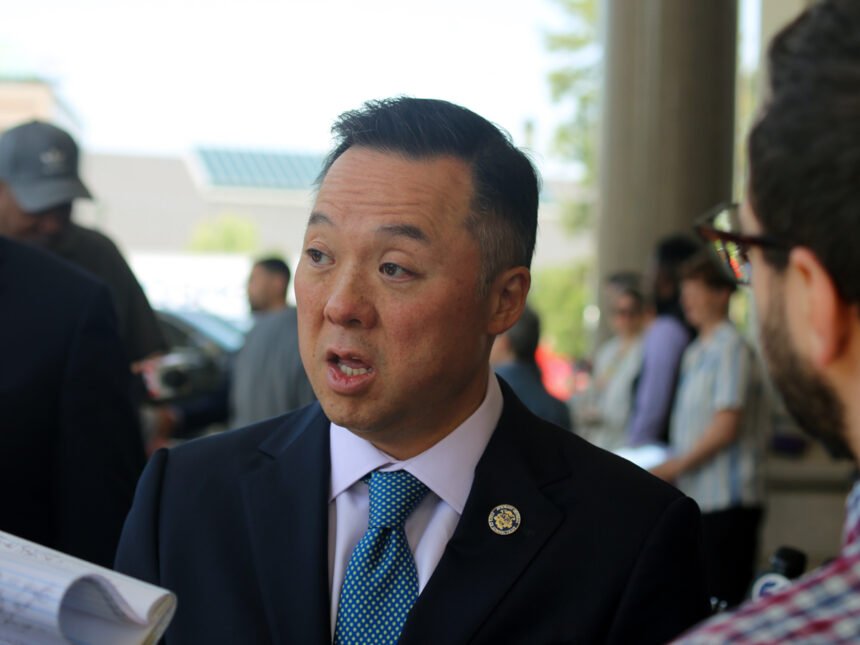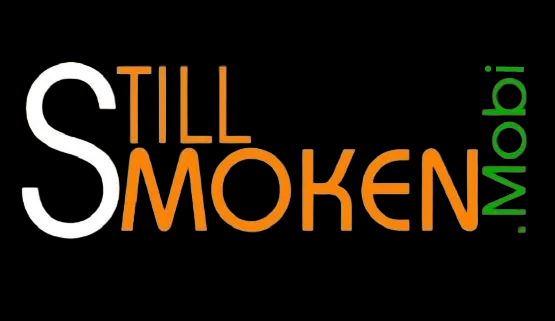HARTFORD, CT – Attorney General William Tong is seeking a $2.5 million prejudgment remedy in what he calls a fraudulent cannabis license-for-sale scheme involving forged documents and tens of thousands of dollars in payments from upward of 70 businesses.
Tong filed a lawsuit against MAKECTBETTER LLC, principal Michael Tedesco and affiliate Zafir Iqbal earlier this month in Superior Court in Hartford. He is hoping to freeze their assets “to prevent the defendants from offloading or shifting resources to evade accountability,” he said in a statement Monday.
Tedesco, of Fairfield, does not have an attorney listed in court records. A Norwich attorney representing Iqbal, of Oakdale, did not immediately respond to a request seeking comment Monday morning. Neither has filed any responses yet to the lawsuit.
The complaint alleges that the defendants misrepresented to Connecticut retailers that they were part of a state “pilot program” that authorized them to sell exclusive cannabis licenses and cannabis supply. No such program exists, Tong said.
The defendants forged documents purporting to be issued by the state Department of Consumer Protection and signed by an official in the Office of the Attorney General, according to the complaint, which details schemes in New Milford, New Haven and Manchester.
Iqbal has claimed to have entered into such agreements with approximately 35 businesses, charging $25,000 to $30,000 each, Tong said. Tedesco has boasted that as many as 70 businesses have entered into such agreements, according to the attorney general.
Tedesco allegedly told shop owners “he knew people in high positions in state government” and was authorized to sell cannabis establishment licenses. In exchange for $50,000, he provided forged documents falsely indicating both shops were approved to distribute “legal cannabis,” according to the complaint.
“This was a brazen scam to extract tens of thousands of dollars from Connecticut retailers based on false promises and forged documents,” Tong said in a news release. “Let’s be clear — no one can pretend to be an agent of the Office of the Attorney General and get away with it.”
Cannabis products can only be sold by licensed retailers in Connecticut and must meet rigorous testing and packaging requirements.
“The Office of the Attorney General works closely with local law enforcement and state partners, including the Department of Consumer Protection and State Police, to investigate and hold accountable bad actors who sell illegal, unregulated, untested cannabis products,” Tong said.
A remote status conference in the case is scheduled for Thursday.













